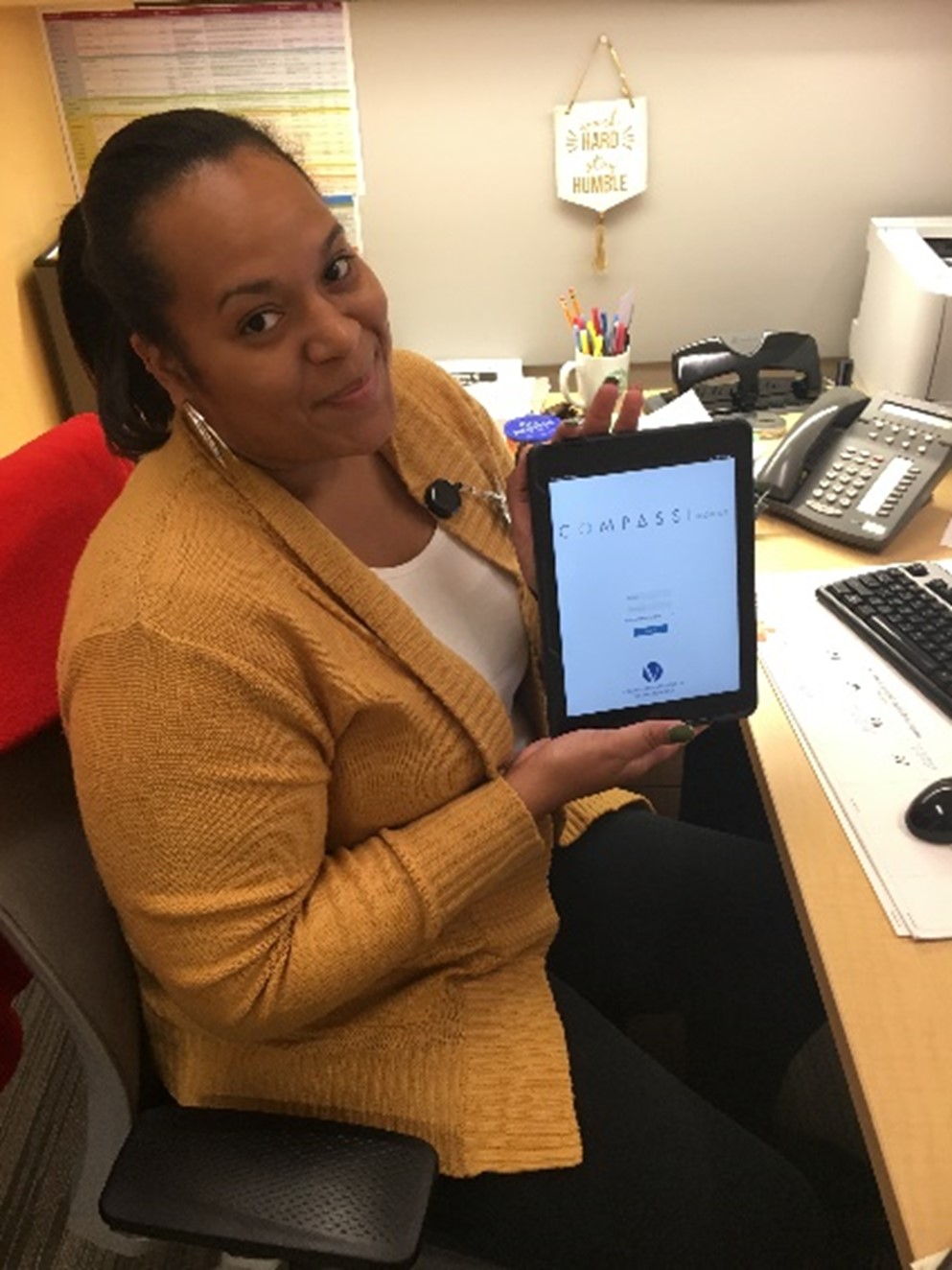Technology, Case Practice, and Turnover: Early Findings from Virginia
Listening sessions conducted by Virginia Department of Social Services (VDSS) staff with child welfare staff across the state and exit survey results from the 120 local departments of social services (LDSS) found that the biggest complaint among caseworkers, particularly those leaving their jobs, was the lack of technological supports and flexibility to help them complete administrative tasks more quickly. VDSS, in partnership with the Quality Improvement Center for Workforce Development (QIC-WD), designed a multi-phase case-supportive technology intervention to help child welfare caseworkers complete their case notes and other administrative tasks required as part of their job. The goals of the intervention were to provide technological supports that allowed staff flexibility in how, when, and where they complete their casework, increase the amount of time caseworkers spent with families, reduce work-related stress, and increase job satisfaction.
Rollout of the interventions occurred in phases:
- Transcription services implementation occurred between November 2017 and January 2018; and
- The COMPASS|Mobile application (app) and iPad distribution occurred between October 2019 and January 2020.
The QIC-WD and VDSS are gathering in-depth data about staff in 18 LDSS, including their perspectives about and actual usage of the technology supports. These 18 LDSS encompass approximately 450 of the state’s 2,200 frontline child welfare staff.
The QIC-WD evaluation team is using various methods to understand intervention implementation and factors associated with turnover in the state. Analyses have used data from:
- A baseline and two follow-up staff surveys with demographics, psychological and child welfare practices scales
- Diary studies capturing caseworker’s habits, perspectives, and reactions to each of the two technological supports, with the mobility diary study split into two administrations occurring pre- and post-onset of COVID
- Technology usage data obtained from transcription services and mobile device vendors
- Case-level administrative data reflecting case activities and documentation practices over time
- Turnover data from a monthly survey and the HR data system.
 Descriptive analyses, generalized linear models, and Cox regression analyses were employed to explore associations between factors and outcomes of interest.
Descriptive analyses, generalized linear models, and Cox regression analyses were employed to explore associations between factors and outcomes of interest.
Responses from surveys administered post-rollout of COMPASS|Mobile, and pre- and during COVID, indicate staff on average felt the iPads and the app saved them time, and that they were grateful for the resource when COVID hit. COMPASS|Mobile was key in communicating with staff during COVID about COVID-related policy and practice changes. In addition, the app provided an efficient and comprehensive means to roll-out additional features to support staff during the pandemic, including HIPAA-compliant virtual meeting technology.
The QIC-WD also examined data from 744 caseworkers hired statewide since 2010 that identified factors associated with turnover rates and time to turnover. Preliminary findings indicate that the gender, job title, age of the staff when they were hired, and the year they were hired had no association with odds of turnover. However, it appears that Black, Indigenous, and people of color (BIPOC) staff may be less likely to leave the agency and are likely to stay longer on the job before leaving, while controlling for region, age at hire date and year of hire. Further, not surprisingly, turnover rates vary by region.
Based on the early findings in Virginia, this child welfare workforce intervention and outcome research has numerous implications for implementing technological advances in child welfare. The research can inform decisions about hiring, training, and/or supervising staff, roll-out of remote work supports, especially in a pandemic environment, and the administration of child welfare agencies.